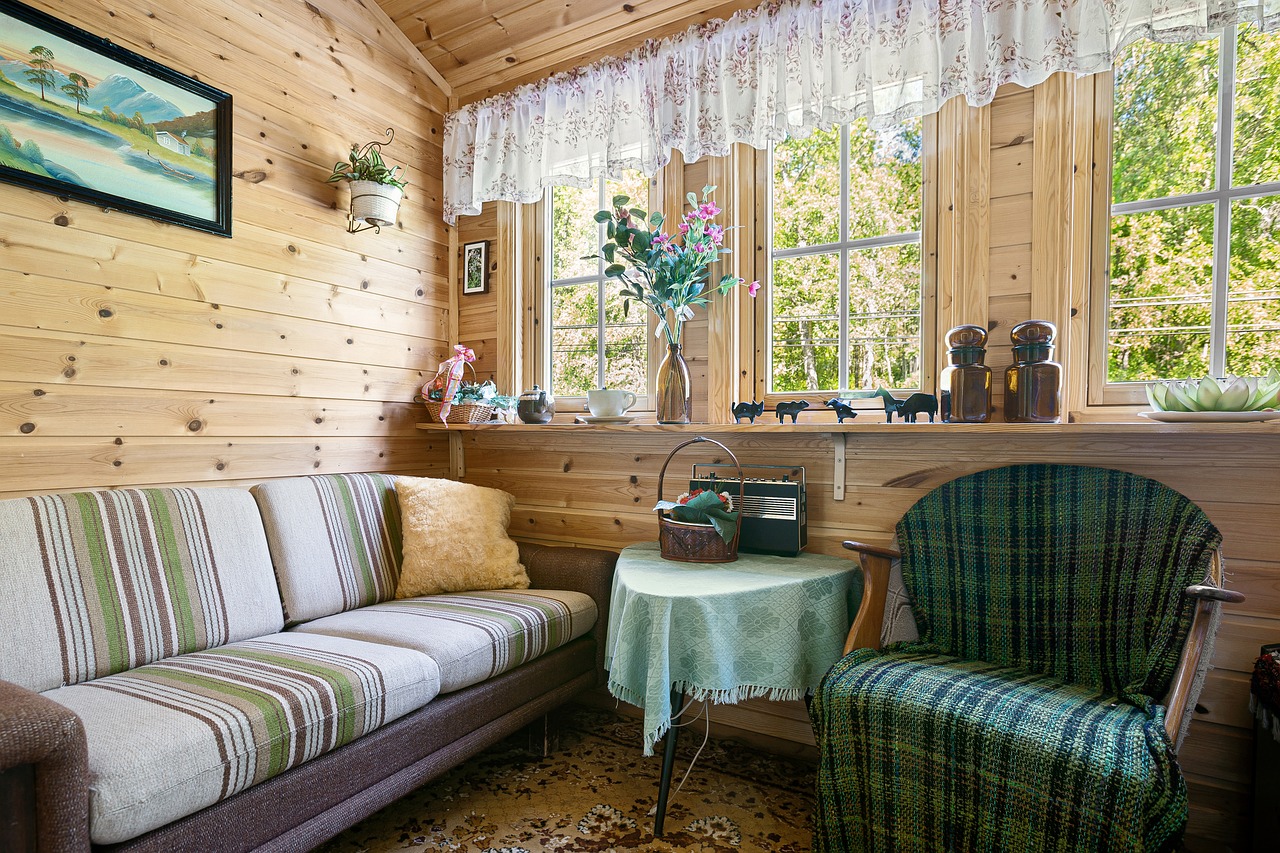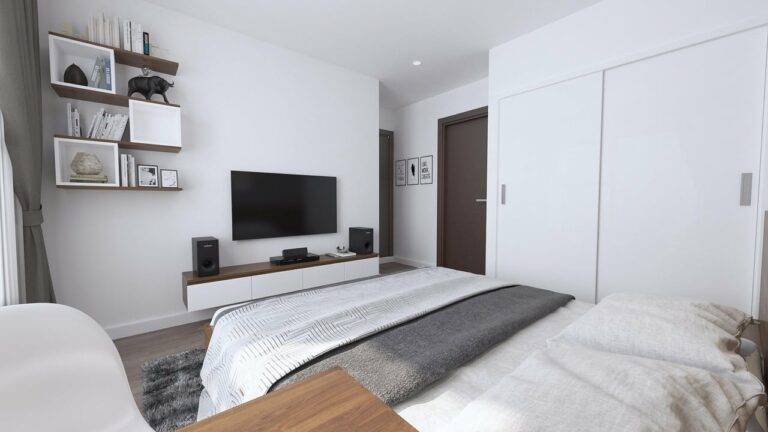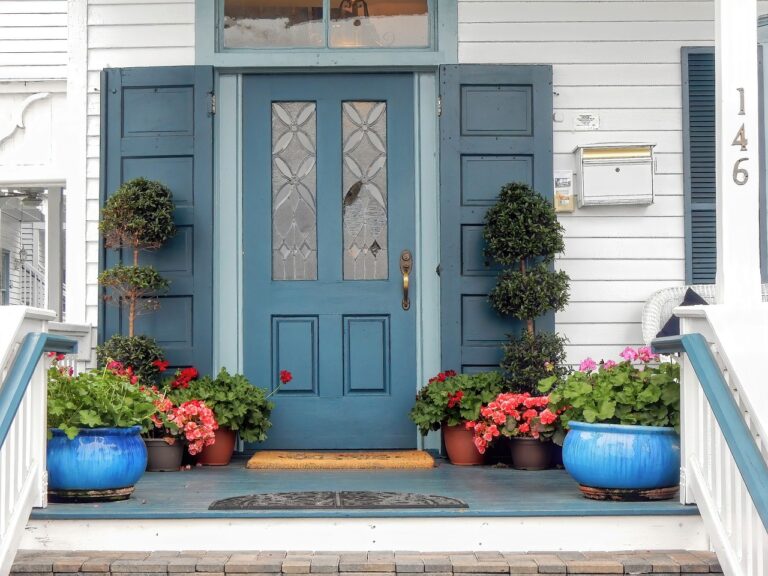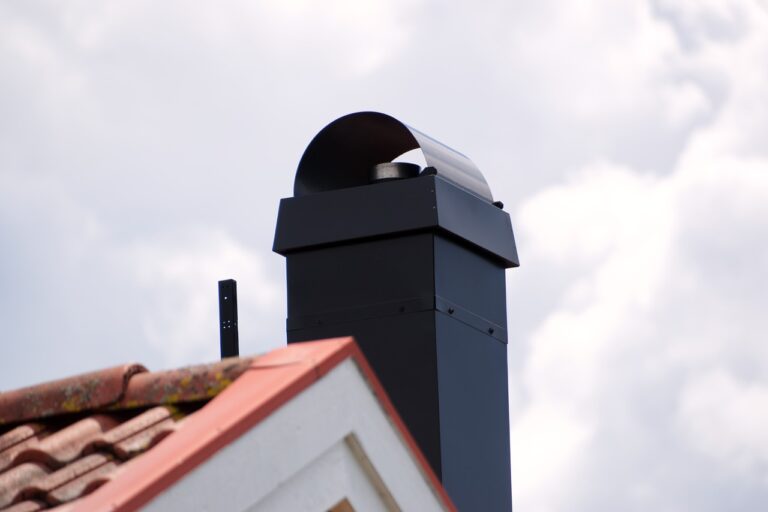The Impact of Ventilation on Home Comfort Levels: Cricketbet999, 11xplay online id, Betbhai9
cricketbet999, 11xplay online id, betbhai9: Having a comfortable home is crucial for our overall well-being. One often overlooked factor that can greatly impact home comfort levels is ventilation. Proper ventilation not only helps to maintain a healthy living environment but also plays a key role in regulating temperature and humidity levels. In this article, we will delve into the impact of ventilation on home comfort levels and why it is important to pay attention to this aspect of your home.
The Importance of Ventilation
Ventilation is the process of exchanging indoor air with outdoor air to provide fresh air and remove pollutants. Good ventilation helps to dilute indoor air pollutants such as volatile organic compounds (VOCs), mold, and bacteria, which can cause respiratory issues and allergies. Additionally, proper ventilation helps to regulate indoor temperature and humidity levels, creating a comfortable living environment.
The Impact of Poor Ventilation
Poor ventilation can lead to a host of problems in the home. Inadequate ventilation can cause a buildup of indoor air pollutants, leading to poor indoor air quality. This can result in health issues such as asthma, allergies, and respiratory infections. Poor ventilation can also lead to high humidity levels, which can promote mold growth and cause damage to your home’s structure.
Enhancing Home Comfort with Proper Ventilation
Proper ventilation is essential for maintaining a comfortable home environment. By ensuring good airflow throughout your home, you can improve indoor air quality, regulate temperature and humidity levels, and create a more pleasant living space. Here are some tips to enhance ventilation in your home:
1. Use exhaust fans in the kitchen and bathroom to remove odors and moisture.
2. Open windows and doors to allow fresh air to circulate throughout your home.
3. Install a whole-house ventilation system to ensure proper air exchange.
4. Use ceiling fans to improve air circulation and distribute heat more evenly.
5. Keep air vents and ducts clean and free of obstructions to maintain good airflow.
6. Consider investing in an air purifier to remove indoor pollutants and improve air quality.
FAQs
Q: How often should I change my air filters to maintain good ventilation?
A: It is recommended to change air filters every 1-3 months to ensure proper airflow and maintain good indoor air quality.
Q: Can poor ventilation lead to mold growth in the home?
A: Yes, high humidity levels caused by poor ventilation can promote mold growth, leading to health issues and damage to your home’s structure.
Q: How can I tell if my home has poor ventilation?
A: Signs of poor ventilation include musty odors, condensation on windows, mold growth, and stuffy air.
In conclusion, ventilation plays a crucial role in creating a comfortable and healthy home environment. By paying attention to ventilation and implementing the tips mentioned above, you can enhance home comfort levels and improve your overall quality of life.







